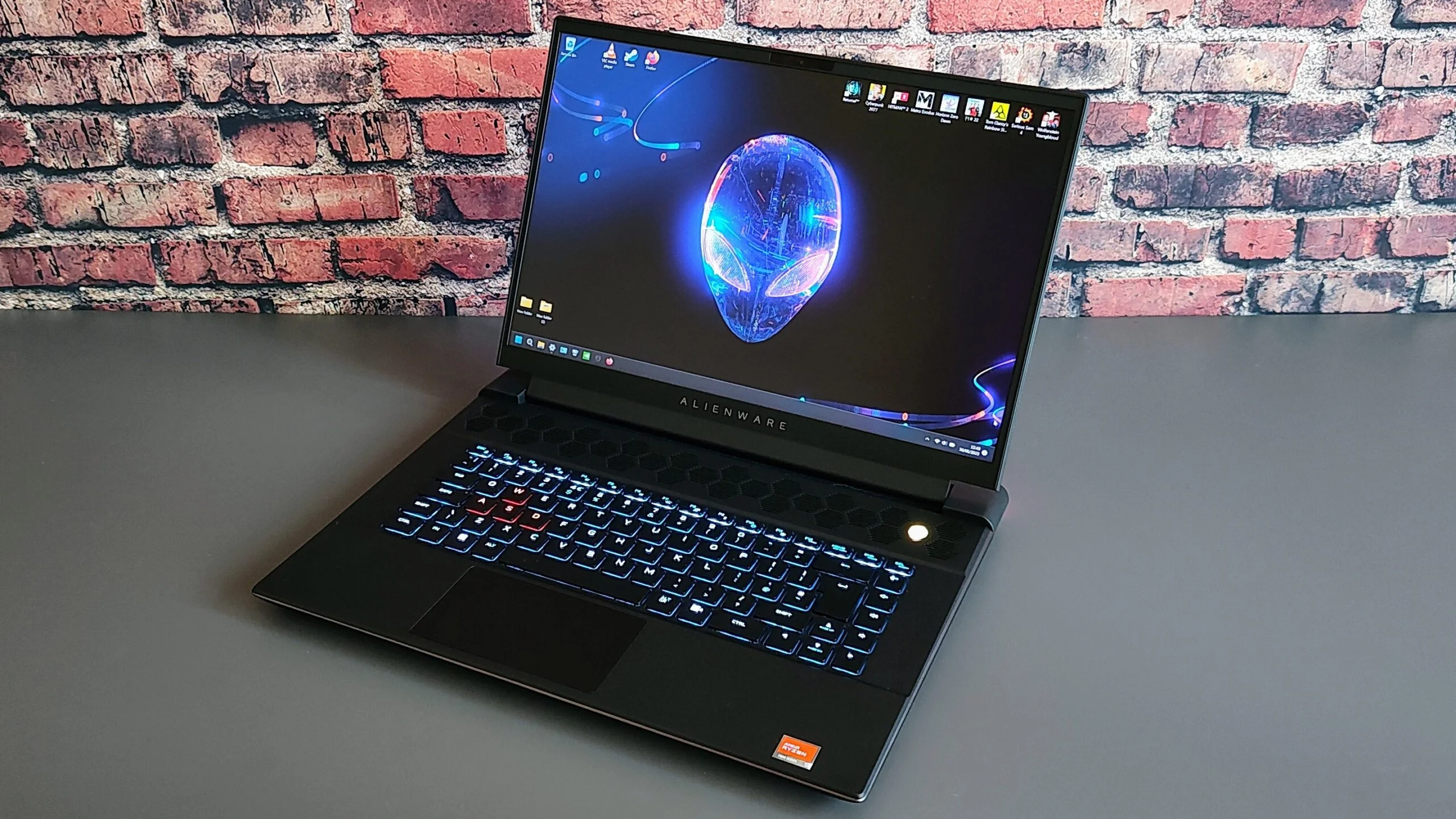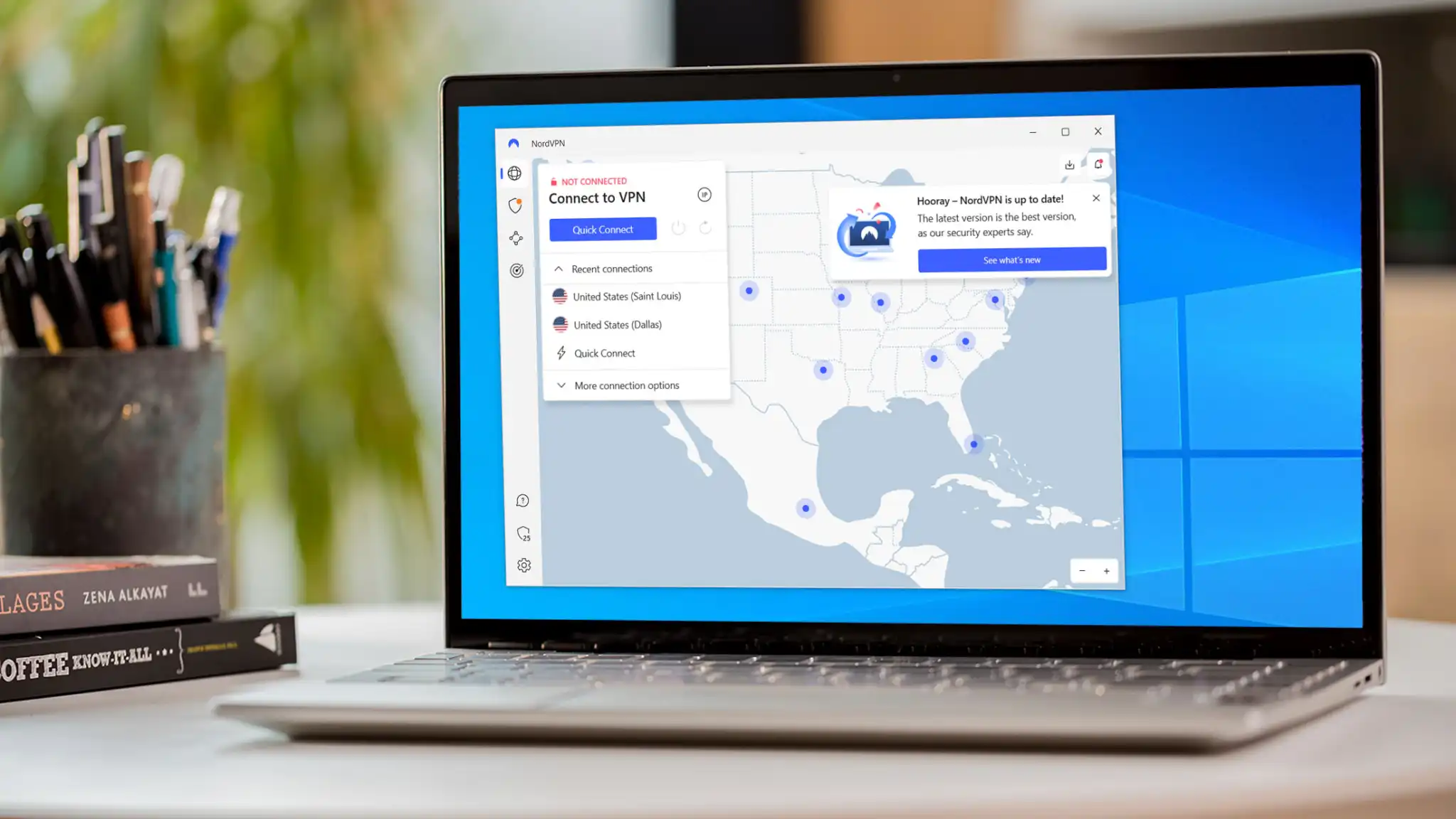The question of how much RAM a computer really needs is a hotly debated topic. While professional users who create digital content on the computer or analyze large amounts of data usually need more than 32GB of RAM, the sensible amount of RAM for a home PC depends on what tasks you mainly use it for.
Players should have 32GB of RAM in their computer: Current top games such as “Star Citizen” or “Spider-Man Remastered” already require 16 to 32GB RAM for the highest quality settings. You can therefore assume that 16GB RAM will be the minimum requirement for future games and that you can future-proof your PC with double the capacity.
However, memory requirements are also increasing for supposedly standard applications. You will notice this if you keep several tabs open in the browser at the same time — modern websites often take up hundreds of megabytes of memory — computers with little RAM have to swap this data to the hard drive, which affects performance.
Modern operating systems such as Windows 11 or macOS use additional RAM very efficiently: They store frequently used data or applications in memory to enable a faster response time. A larger RAM capacity therefore brings speed advantages, especially when multitasking: Modern processors with many cores can easily handle several demanding tasks at the same time, but also require sufficient RAM that they can access quickly.

IDG
You should therefore definitely give your computer 32GB of RAM if you frequently play games with medium to high graphics requirements. This RAM capacity is also recommended if you perform many tasks on your PC at the same time and want your computer to run as smoothly as possible.
But even if you don’t need to max out the computing speed, you should bear in mind that 16GB RAM is also a practical capacity for general tasks such as web browsing, office work, or video playback. Your computer is therefore particularly future-proof if the RAM can be easily upgraded beyond the recommended RAM sizes.



